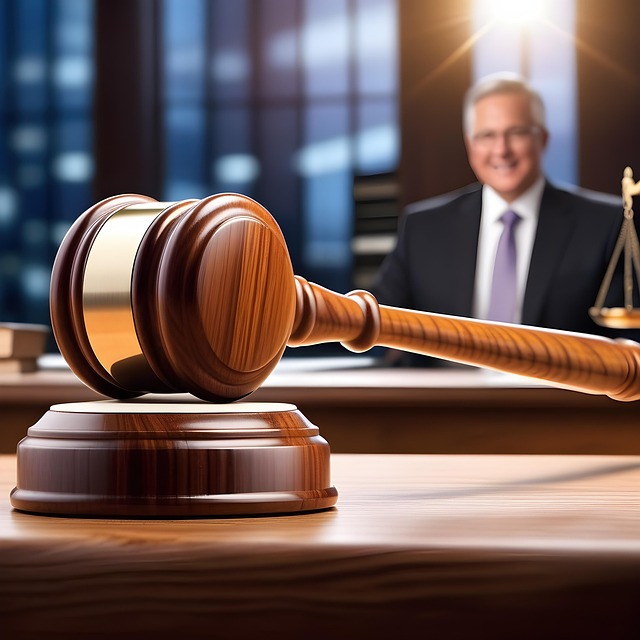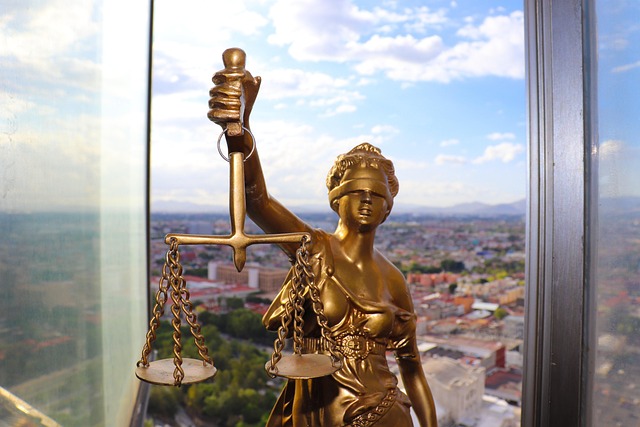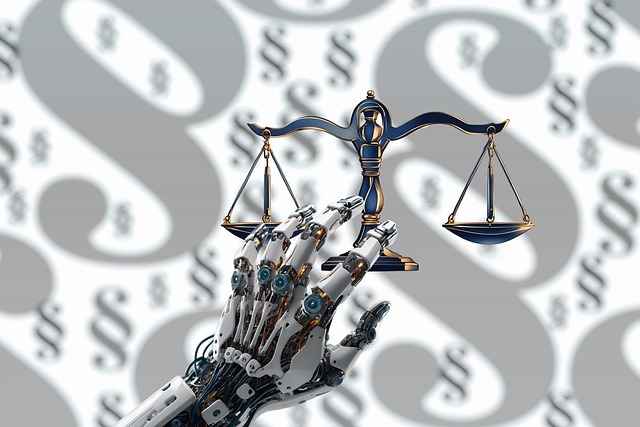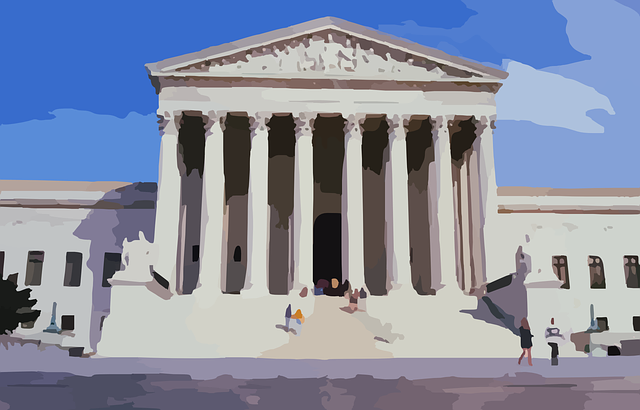Public corruption charges carry severe legal consequences under complex federal laws. Understanding Defendants Rights in Criminal Cases is crucial for individuals facing these accusations, including the right to a fair trial, legal representation, and protection against self-incrimination. Skilled attorneys are essential for navigating pre-trial procedures, constructing defense strategies, and safeguarding rights throughout the process. After a verdict, defendants have options like accepting or appealing the ruling, emphasizing the importance of knowing and exercising their rights for a fair trial in corruption cases involving intricate financial matters.
“Public corruption charges represent a serious departure from standard criminal allegations, with profound legal implications. This article delves into the intricacies of understanding these charges, focusing on their definition and the rights afforded defendants. We explore pre-trial procedures, legal defenses available, and post-verdict options for those navigating corruption trials. Furthermore, we emphasize the significance of knowing one’s rights in criminal cases, particularly when facing public corruption accusations.”
- Understanding Public Corruption Charges: Definition and Legal Implications
- The Rights of Defendants Facing Public Corruption Accusations
- Pre-Trial Procedures and Legal Defenses for Corruption Cases
- Post-Verdict Options and Appeals for Defendants in Corruption Trials
Understanding Public Corruption Charges: Definition and Legal Implications

Public corruption charges refer to accusations of illicit behavior by individuals in positions of public trust, such as government officials, who abuse their power for personal gain. This can include activities like bribery, fraud, and misuse of public funds. Understanding these charges is crucial for both defendants and those interested in the legal implications on governance. When a person is charged with public corruption, it means that the state alleges they have violated a trust and broken the law, which carries significant legal consequences.
The legal implications are vast as these cases often involve complex federal laws and can result in severe penalties, including imprisonment and hefty fines. Defendants in such cases, like those involved in white-collar defense across the country, have specific rights in criminal cases, such as the right to a fair trial, protection against self-incrimination, and the right to legal representation. For his clients, navigating these charges requires skilled attorneys who can ensure their rights are protected while building a robust defense strategy.
The Rights of Defendants Facing Public Corruption Accusations

When facing public corruption charges, defendants have specific rights that are crucial to ensuring a fair trial. In criminal cases, individuals accused of such offenses are entitled to legal representation by a qualified general criminal defense attorney, who can navigate the complexities of the justice system. This right is essential as it empowers defendants to understand their options and protect their interests.
The process involves thorough investigation, evidence gathering, and strategic planning. Defendants have the right to remain silent, ensuring that any statements made cannot be used against them. Furthermore, they are entitled to a speedy trial, protection from double jeopardy, and the opportunity to confront witnesses testifying against them. These rights are vital in maintaining the integrity of the legal process, especially when dealing with sensitive matters within the philanthropic and political communities.
Pre-Trial Procedures and Legal Defenses for Corruption Cases

In public corruption charges, pre-trial procedures play a crucial role in shaping the course of a case. Defendants in high-stakes cases have certain rights guaranteed to them under criminal law, which serve as safeguards against potential abuses of power. These include the right to be informed of the charges, the right to legal counsel, and the right to remain silent, among others. Legal defenses in corruption cases can vary widely but often center around issues of due process, lack of intent, or procedural errors. Across the country, defendants face a complex web of regulations and protocols, making it essential for them to be represented by experienced attorneys who understand the nuances of these cases.
The pre-trial phase is also where strategies for potential jury trials are often finalized. In high-profile corruption cases, the media scrutiny can be intense, so defense teams must be prepared to navigate not just the legal complexities but also public perception. Legal defenses in such scenarios might include challenging the admissibility of evidence, questioning witness credibility, and presenting alternative explanations for alleged misconduct. The goal is to ensure a fair trial where the defendant’s rights are respected, even as the prosecution seeks to prove their case beyond a reasonable doubt.
Post-Verdict Options and Appeals for Defendants in Corruption Trials
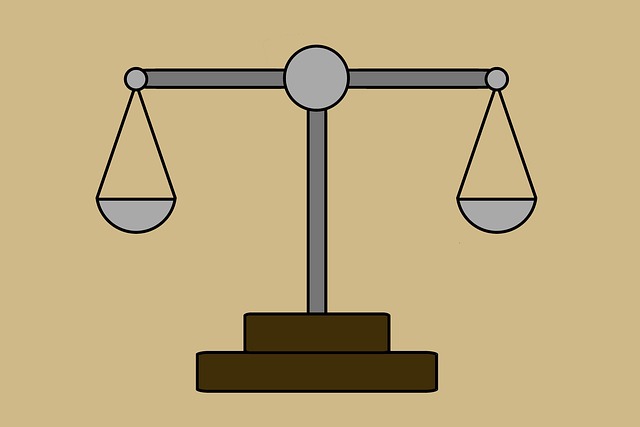
After a verdict is reached in public corruption trials, defendants have several post-verdict options available to them. Depending on the outcome, they may choose to accept the ruling or launch appeals, seeking to achieve extraordinary results such as a complete dismissal of all charges. Appeals can be filed at various stages of the investigative and enforcement process, challenging the admissibility of evidence, legal procedures, or the overall validity of the case.
The rights of defendants in criminal cases are paramount, ensuring a fair trial and due process. These include the right to an attorney, confront witnesses, and present their own defense. In corruption trials, where complex financial transactions and intricate legal arguments often come into play, understanding and exercising these rights is crucial for navigating the legal landscape effectively.
Public corruption charges carry significant legal implications, impacting not just individuals but public trust. Understanding the rights of defendants, pre-trial procedures, and post-verdict options is crucial for navigating these complex cases. By knowing their rights and exploring legal defenses, defendants in criminal cases can ensure a fair process and explore avenues for appeal if necessary. This knowledge empowers them to protect themselves and maintain integrity within the justice system.

